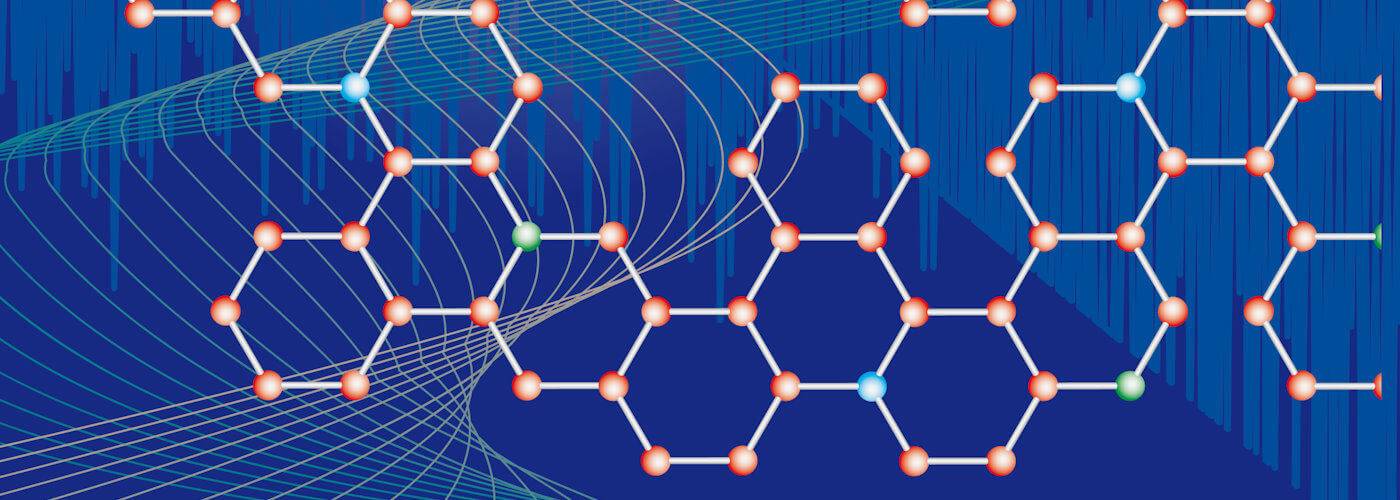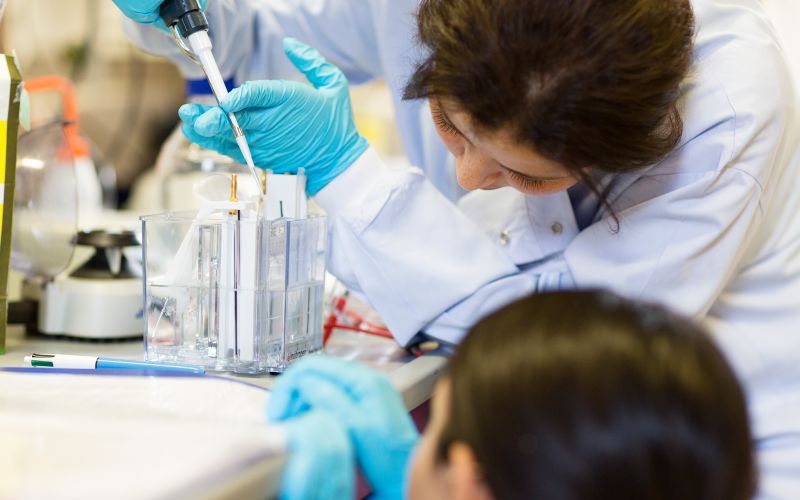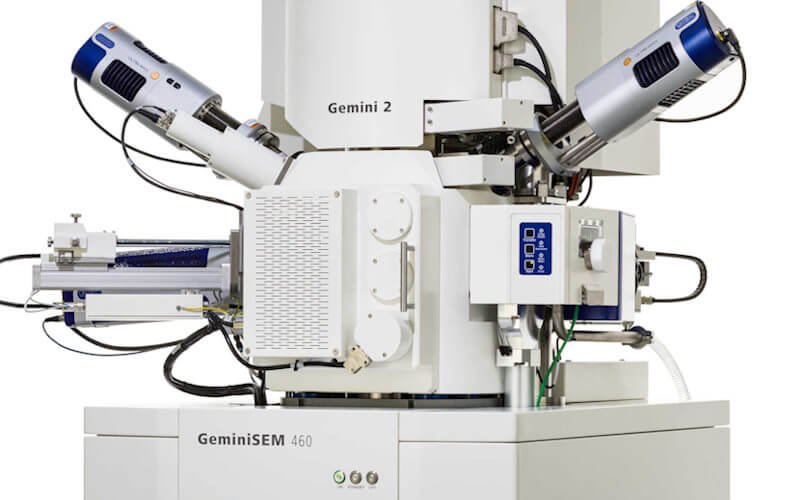Wolfson Institute for Biomedical Research

Lukas Supragonas wins award for medicinal chemistry
Lukas Supragonas has received the 2023 UCL Parke-Davis prize for the most distinguished performance in medicinal chemistry at UCL.

New Zeiss Gemini SEM 460 state-of-the-art microscope
The apparatus is funded by an MRC Equipment award won by Arnd Roth and Beverley Clark in partnership with the Crick, University of Sussex and Newcastle University.

Matthew Swire wins an MRC Career Development Award
Dr Matthew Swire has won a five-year MRC Career Development Award to support the investigation of how oligodendrocytes alter neural circuits during learning.
Cruciform Building
The Wolfson Institute for Biomedical Research is located in the Cruciform Building at University College London.
This imposing edifice is a Grade II listed building designed by the renowned Victorian architect, Alfred Waterhouse, who also designed the Natural History Museum in South Kensington.
The Cruciform Building was completed in 1906 and functioned as University College Hospital for over 90 years.
The building underwent a £50 million renovation to restore its grandeur and to generate a modern and high quality interior for the 21st century.

Latest publications
- Pryce G, Sisay S, Giovannoni G, Selwood DL, Baker D (2023). Neuroprotection in an Experimental Model of Multiple Sclerosis via Opening of Big Conductance, Calcium-Activated Potassium Channels. Pharmaceuticals, 16 (7), 972.
- Buller S, Kohnke S, Hansford R, Shimizu T, Richardson WD, Blouet C (2023). Median eminence myelin continuously turns over in adult mice. Molecular Metabolism, 101690.
- Kessaris N, Denaxa M (2023). Cortical interneuron specification and diversification in the era of big data. Current Opinion in Neurobiology, 80, 102703.
- Fuller AM, Luiz A, Tian N, Arcangeletti M ... Sikandar S, et al (2023). Gate control of sensory neurotransmission in peripheral ganglia by proprioceptive sensory neurons. Brain, awad182.
- Fişek M, Herrmann D, Egea-Weiss A, Cloves M, Bauer L, Lee T-Y, Russell LE (2023). Cortico-cortical feedback engages active dendrites in visual cortex. Nature, 617 (7962) pp. 769-776.
- Mikaeili H, Habib AM, Yeung CW-L, Santana-Varela S, Luiz AP ... Cox JJ (2023). Molecular basis of FAAH-OUT-associated human pain insensitivity. Brain, awad098.
 Close
Close







